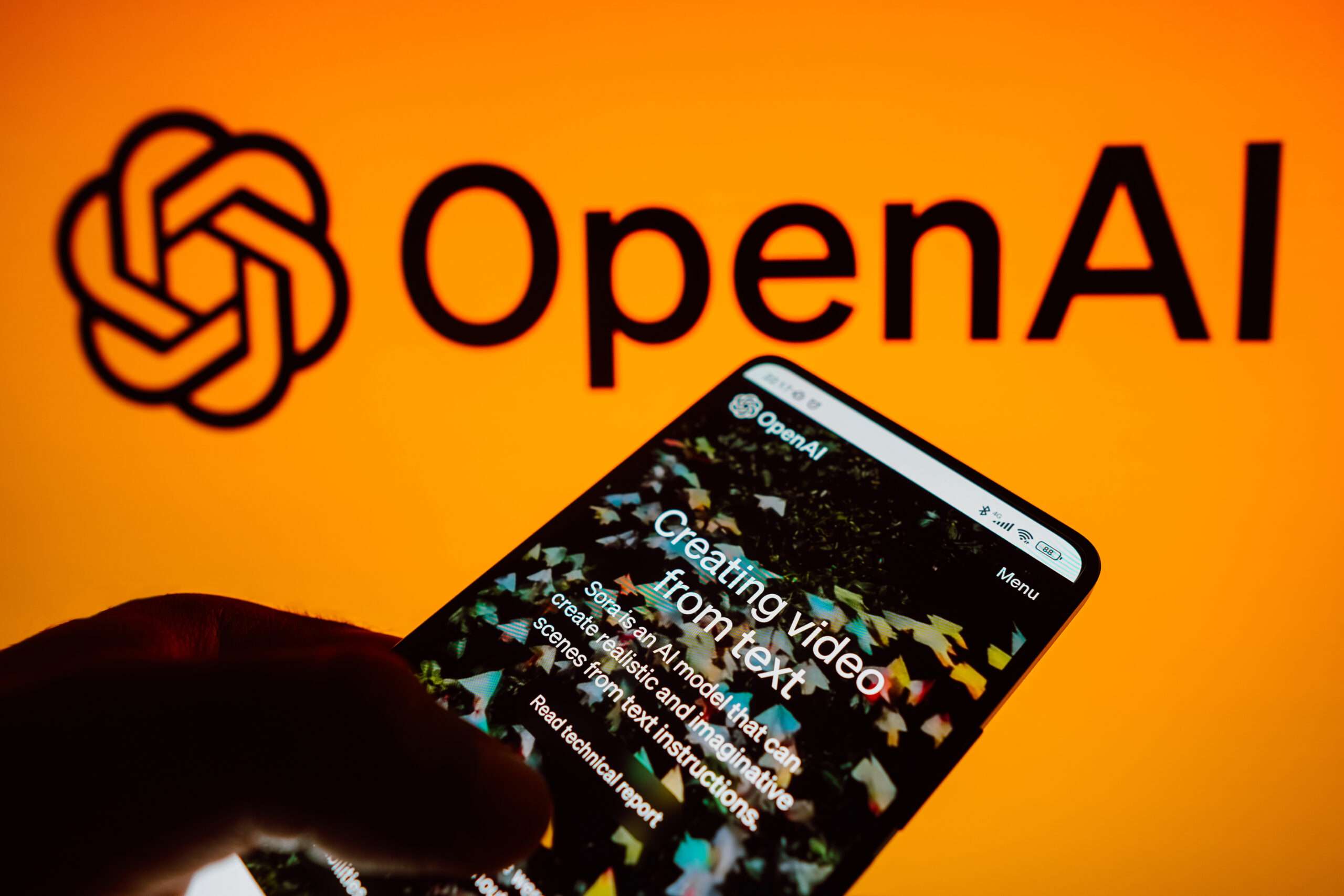OpenAI, the company behind revolutionary artificial intelligence tools like ChatGPT and DALL-E, is considering allowing the development of AI-generated erotica and other not-safe-for-work content. However, they prefer not to label it as AI-generated pornography.
‘Content involving sexuality or nudity is important’
Currently, OpenAI prohibits NSFW content, including erotica, extreme gore, slurs, and unsolicited profanity. However, in a recent draft guidance, they hinted at the possibility of revising this policy.
The current rule states that an AI assistant should not provide NSFW content that would be inappropriate in a professional setting. But OpenAI is exploring the idea of allowing the generation of NSFW content in age-appropriate contexts as long as users comply with their usage policies.
Although this information was somewhat hidden in the document, it caught the attention of media outlets. The Guardian reported on OpenAI’s consideration, while Wired discussed the topic as well.
An OpenAI spokesperson clarified in a statement that they have no intention of creating AI-generated pornography.
So, what’s the deal?
Perhaps the confusion arises from the challenge of defining pornography accurately.
According to NPR:
Joanne Jang, an OpenAI model lead involved in drafting the document, stated in an interview with NPR that the company wants to spark a conversation about whether erotic text and nude images should always be banned from its AI products.
“We want to ensure that people have maximum control within legal and ethical boundaries, but enabling deepfakes is out of the question,” Jang explained. “This doesn’t mean we are actively creating AI porn.”
However, OpenAI might consider allowing users to generate images that some may view as AI-generated porn.
“It depends on how you define porn,” she said. “As long as it doesn’t involve deepfakes. These are the conversations we want to have.”
“There are scenarios where content involving sexuality or nudity is valuable to our users,” she added. “We will explore this cautiously, ensuring it is presented in an age-appropriate manner.”
From this perspective, it appears that OpenAI aims to approach sexuality and nudity without being overly restrictive but is wary of potential backlash and avoiding becoming a platform for explicit content.
‘If you f*** with my cats, you better pray’
The discussion around NSFW content highlights the complexities of establishing policies regarding AI and sexuality.
OpenAI specifies that currently, its AI assistant should not assist in creating explicit narratives but should respond appropriately to certain queries.
They also offer an amusing example of how the AI assistant should handle explicit language in a creative context.

Some may find these restrictions on AI assistants like ChatGPT to be limiting. This situation recalls a recent controversy regarding the portrayal of a black pope and an Asian Nazi in Google Gemini’s image search results.
Ultimately, the solution is to allow various AI tools to develop without unnecessary interference. This way, individuals can choose tools that align with their values and preferences.
However, the prevailing trend seems to lean towards uniform regulations rather than diverse options. Typically, moral panic leads to calls for significant legislative actions that could hinder technological advancements.
Unfortunately, such panic often harms sex workers who utilize AI technology for their work.
As Jessica Stoya notes in Reason‘s special AI issue, adult performers are adapting to emerging technologies, such as Sora, a model capable of producing short videos, by creating their chatbots and image services.
More Sex & Tech News
• Federal authorities are engaging with social media companies once again.
• The Reason Foundation, along with the ACLU, EFF, Freedom of the Press Foundation, and others, has filed an amicus brief supporting a legal challenge against Montana’s TikTok ban.
• Daniel Lyons from the American Enterprise Institute criticizes a 5th Circuit ruling on age verification and pornography. He argues that appellate judges should not disregard Supreme Court precedents they disagree with in an attempt to address social issues. The case and the 5th Circuit’s decision are discussed further here.
Today’s Image








